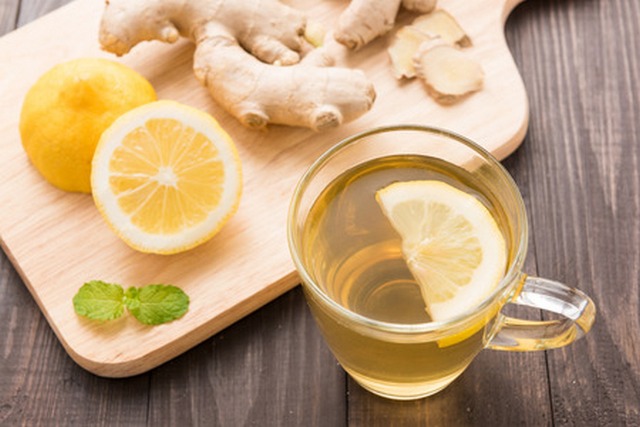As Winter draws near, you may find yourself and others around you sneezing and coughing. We tend to stay indoors more as the weather gets worse and have the heating on leading to the spread of germs. Also as the days gets shorter and we are outside in the sunshine for less and less time. This depletes our vitamin D levels which are stored for 3 months before being completely used up. If you find yourself in the grips of fighting a cold virus, nutrition can help to shorten the time it takes for your body to clear it. Here are my best foods to fight a cold.
The Best Foods to Fight a Cold
- Apples – rich sources of vitamin C and water. They also contain the antioxidant quercetin to help protect your cells from oxidative damage during the fight off period.
- Fish and seafood – rich in zinc with helps to boost the immune system. Also a good source of protein to provide your body with the building blocks for making white blood cells to fight off the virus. Additionally it is a source of vitamin D which modulates the immune system.
- Pau D’Arco tea – this amazing herb has natural anti-viral properties to help kill off the virus.
- Water – make sure you drink plenty of water during a cold. You can flush out the toxins and debris from dead virus cells with water.
- Garlic – a potent anti-viral herb that is best taken raw for full effects. Take 1 raw garlic clove daily during your cold.
- Onion – also a potent anti-viral herb. You can use it chopped in curries or soup.
- Lemon and ginger tea – rich in vitamin C and antioxidants to help soothe your cold symptoms. Ginger is anti-inflammatory which can help to clear a blocked nose. It is also a plant source of zinc to boost the immune system. To make lemon and ginger tea, steep a piece of fresh ginger in hot water for 15 minutes. Then add the juice of half a lemon and enjoy a soothing cup of herbal tea.
Copyright: capacitorphoto / 123RF Stock Photo
Finally if you suffer from recurrent colds and would like to book an appointment for personalised nutrition advice, contact Kate on 07652 868342. Alternatively you can send me a message using the contact form below:




